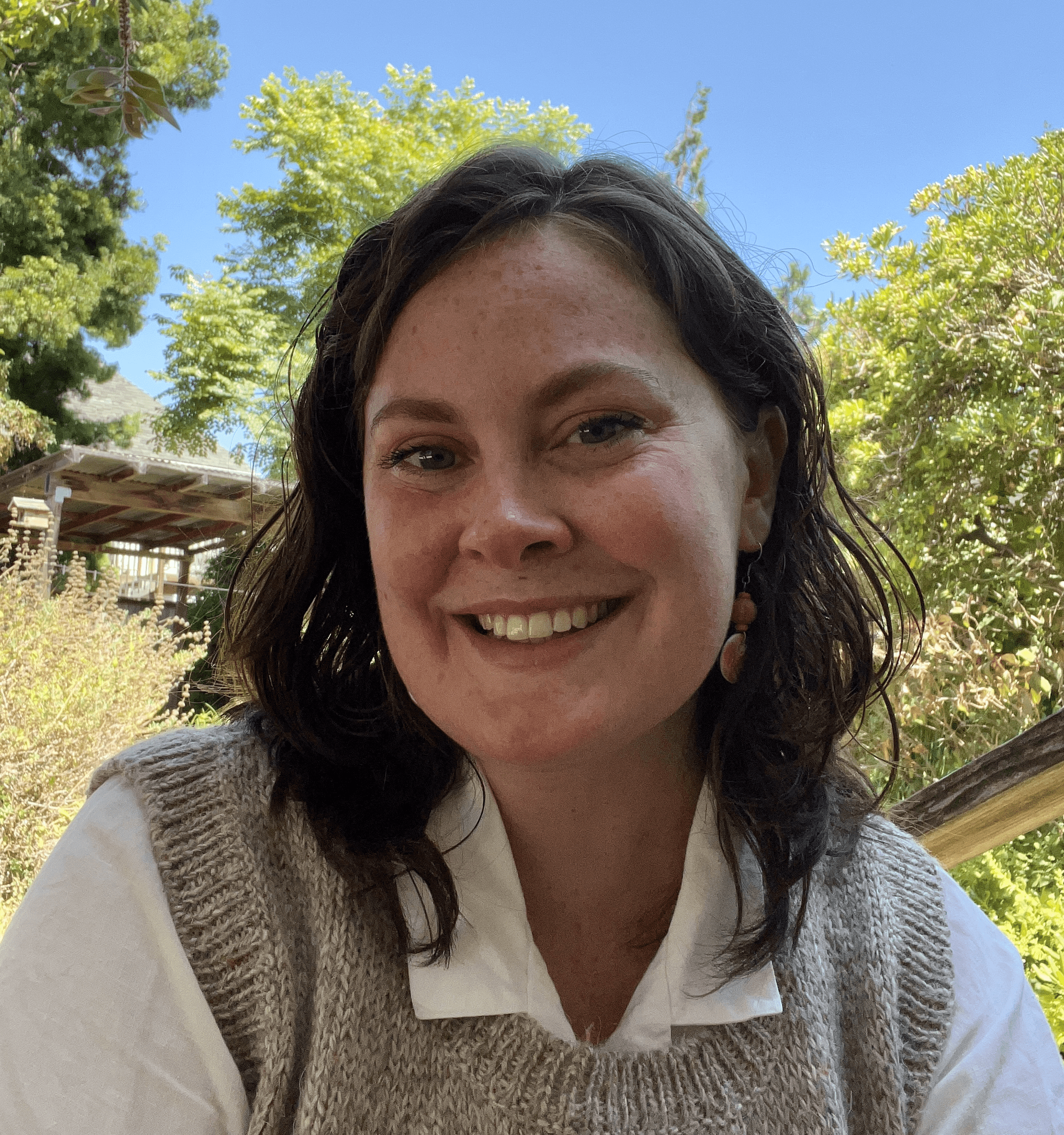Center for Advocacy, Resources, and Education (CARE)
About CARE Advocacy
CARE provides free, confidential support to any member of the UC Law SF community who has been impacted by sexual assault, dating/intimate partner violence, sexual harassment or stalking.
Students, staff and faculty can contact the CARE Advocate to receive affirming, empowering, and confidential support and access resources related to medical needs, emotional support, housing and academic accommodations, and reporting options.
To contact CARE, please email care@uclawsf.edu, or schedule an appointment online here.
What To Do If You Have Been Assaulted: If you or someone you know has been sexually assaulted, there are resources and people who can help. This document provides information on what can be done immediately following assault, and later.
Prevention and Education
CARE believes that everyone has the right to an education that is free from any kind of violence or harm, including sexual violence, sexual harassment and discrimination. In order to help build and sustain an environment that centers inclusivity, equity and respect, CARE provides ongoing training and education to the UC Law SF community. Workshops provide participants with tools for recognizing potentially harmful or violent situations, and skills for safety and effectively intervening.
For more information, current students may visit the CARE Advocate page on Sharket.
CARE Advocate
Students, staff and faculty can contact the CARE Advocate to receive affirming, empowering, and confidential support and access resources related to medical needs, emotional support, housing and academic accommodations, and reporting options. CARE believes that it is always the survivor’s decision to pursue any of the available resources or to report an incident to the police or the University.
All information shared with the advocate, whether it is information about you or even the fact that you have seen an advocate, cannot be shared with others outside CARE without your consent and written permission. In some circumstances the advocate may consult with a clinical supervisor in order to provide you with the best help available. No one outside of CARE may have access to your information without your prior written consent or as required by law.
However, California law mandates that information may be appropriately shared if you present an imminent risk of serious physical harm to yourself or others.
